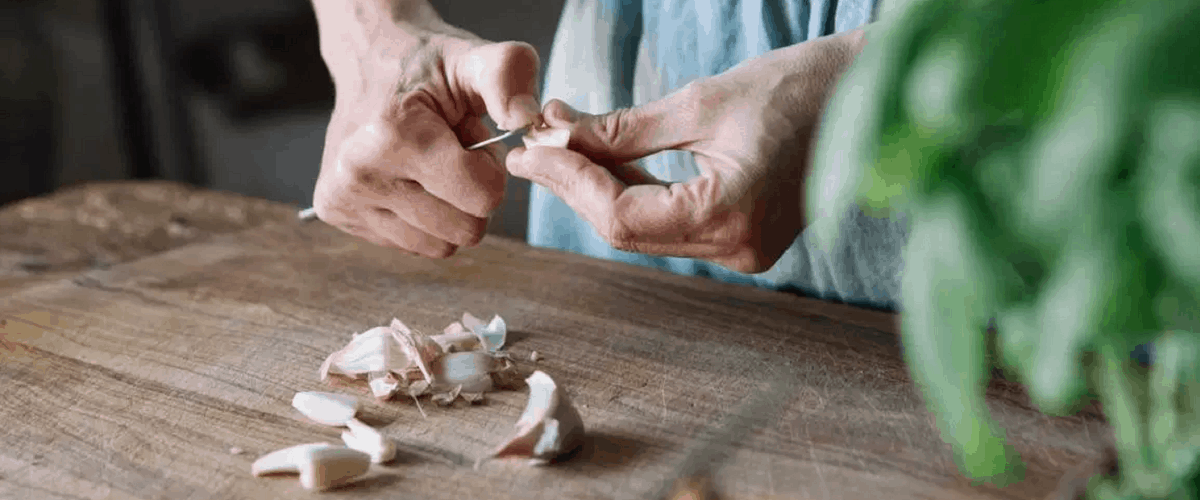Winter is a rough time for vegetation, this is no mystery. But we as humans are smarter than nature and have developed a technique known as overwintering. This is the process of planting foods that take a very long time go to from seed to fruit in the winter. The cold of the earth will either slow the growing process or pause it entirely. Either way, they start growing immediately the following spring.
This lets gardeners prepare food for the upcoming season ahead of time. This way, they have them growing and ready as soon as possible. There are a number of vegetables that handle the process super well.
If you’re wanting to start overwintering plants yourself, now is the time. Middle States in the U.S. should start the process in the middle of October. Here are three food items that you could start with.
Garlic
The heartiest of veggies. Garlic can even be overwintered in farther north states like Illinois. Given the VERY long growth time of garlic, you still won’t have any to harvest until the next summer. But that’s all the more reason why to start soon. Here’s how to do it.
Plant separate cloves about 3 inches deep and 6 inches apart. Water for several days. Layer about 6 inches of straw or mulch on top of the soil. Ignore until Spring. Once Spring hits, cover in another 5 inches of much. Upon Budding, clop the stem below the buds. This will yield larger garlic heads. Once the stem is brown but there are many green leaves, it’s harvest time.
Onions
Plant about 2 inches deep, 5 inches apart. Apply a layer of rather heavy mulch to prevent waterlogging. Water each set two times a week for a couple of weeks. Fertilize them about a week before harvest. Once the tops go brown, collect your onions.
Shallots
Pay special attention to the soil density. Make sure it drains well. Compost/fertilizer helps too. Separate each shallot bulb and plant just below the surface pointed ends facing up. Make sure each bulb is about 6 inches apart. They DO NOT require mulching. Water regularly. When spring comes, cut back any flower stalks to encourage bulb growth.

